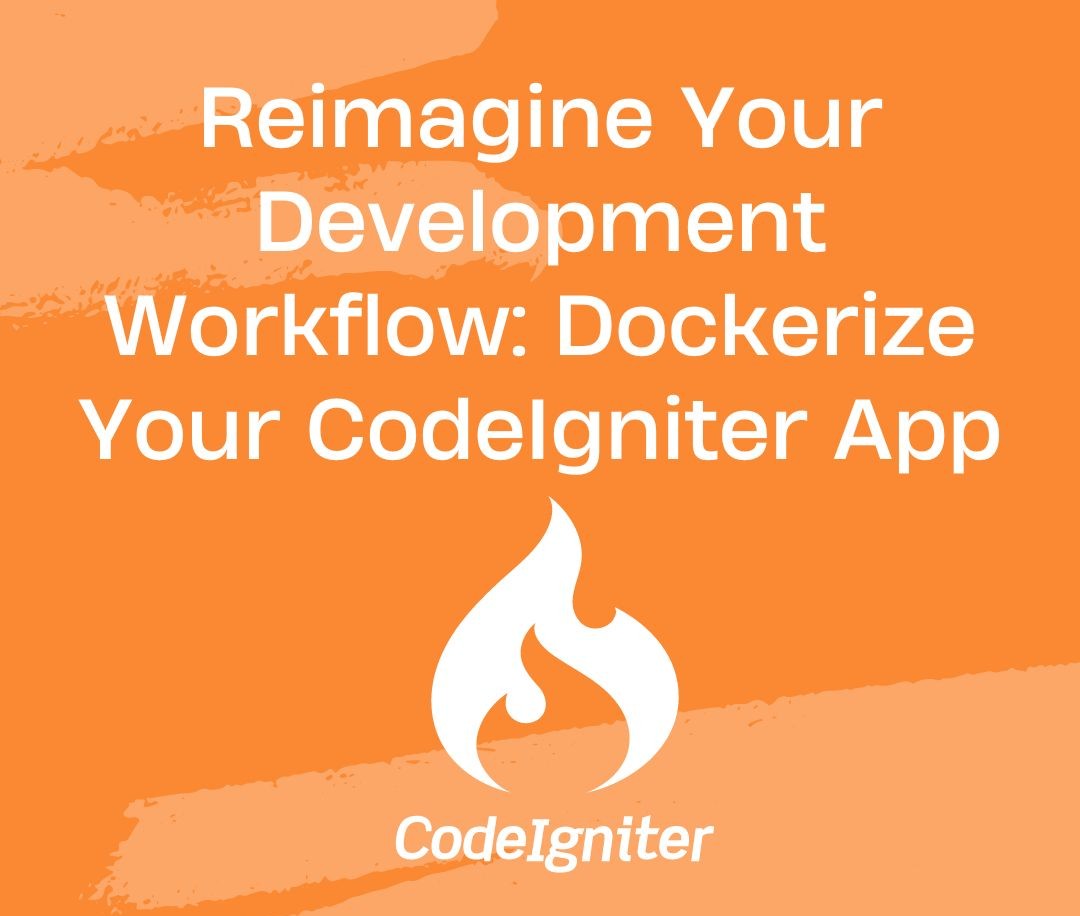CodeIgniter and Docker: Containerizing Your CodeIgniter Application
Deploying PHP applications consistently across different environments can be challenging—especially when dealing with varying server configurations, dependencies, and platforms. Docker solves this by providing a containerized environment where your application runs the same, everywhere. In this blog, we’ll walk you through how to containerize your CodeIgniter application using Docker, making your development and deployment process simpler, faster, and more reliable.
Why Use Docker with CodeIgniter?
Before we dive in, let’s look at why Docker is a great match for CodeIgniter:
- Consistency Across Environments: No more “it works on my machine.”
- Faster Setup: Spin up your project with a single command.
- Testing & Isolation: Run multiple projects with different PHP versions.
- Simplified Deployment: Use Docker images to deploy your app to staging or production.
Step-by-Step Guide to Dockerize CodeIgniter
Let’s assume you already have a CodeIgniter project set up. We’ll now create a Docker setup using the following stack:
- PHP 8.1
- Apache
- MySQL
- Docker Compose
1. Project Structure
2. Create a Dockerfile
The Dockerfile defines the environment for the CodeIgniter app.
3. Apache Virtual Host Configuration
Create .docker/vhost.conf with the following:
4. Create docker-compose.yml
This file will define services for your app and database.
5. Start Your Containers
Run the following command from your project root:
Visit http://localhost:8080 to access your CodeIgniter app.
6. Connect CodeIgniter to MySQL
Update your application/config/database.php:
Use the service name db as the hostname because that’s what Docker Compose uses internally.
Extra Tips for Docker + CodeIgniter
- Use Volumes for live code changes during development.
- Use .env files and docker-compose.override.yml for managing secrets and environment-specific settings.
- Dockerize CLI tasks like migrations using a dedicated command container.
- Add phpMyAdmin as a third container for managing the database via UI.
Conclusion
Dockerizing your CodeIgniter application improves consistency, simplifies deployment, and accelerates development. With just a few configuration files, you can replicate production environments locally, isolate dependencies, and collaborate more effectively with your team.
Whether you're just starting out with CodeIgniter or managing a growing application, Docker is an essential tool in your development toolkit.















